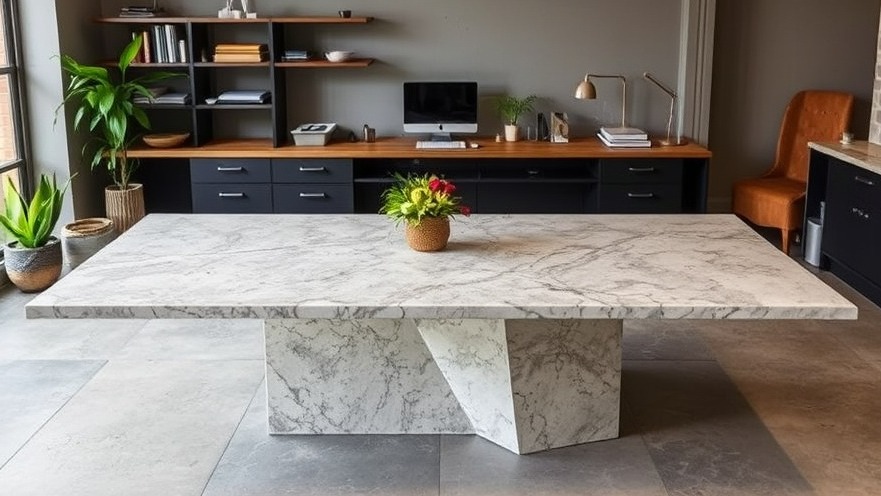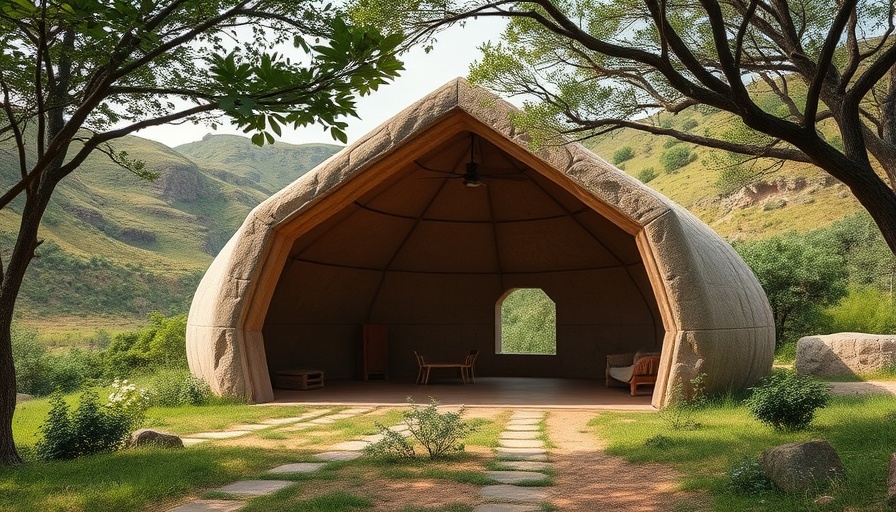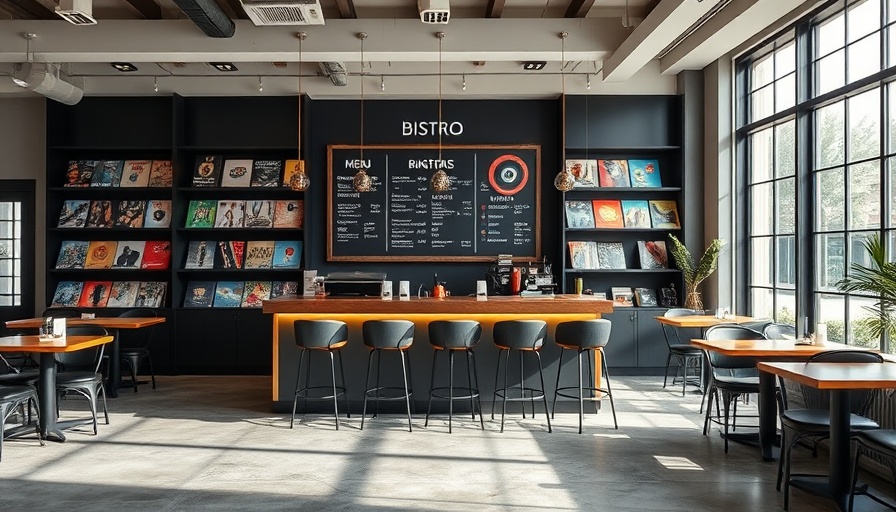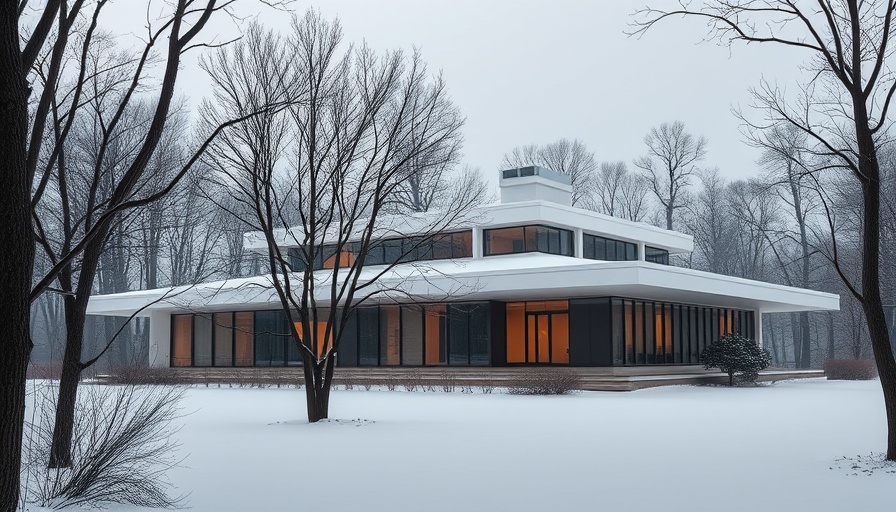
Transforming Workspaces: Thom Fougere’s Innovative Design at the G7 Summit
Thom Fougere’s latest creation — a series of veiny stone tables designed for the G7 summit — highlights the evolving relationship between nature and the workspace. As digital nomads increasingly seek environments that foster creativity and efficiency, the design of these tables serves as a pivotal reminder of how our surroundings can enhance productivity.
Why Ergonomic Design Matters for Remote Workspaces
In today’s world, where remote work is becoming the norm, ergonomic workspace design is crucial. Whether you’re setting up shop in a cozy corner of your home or in a remote lodge like the one used for the G7 summit, comfort and functionality must be prioritized. Poor ergonomics can lead to discomfort or chronic issues over time, while an optimized workspace can boost energy and productivity. This was likely at the forefront of Fougere’s mind when creating the tables, which blend aesthetic beauty with functional usability.
A Connection to Nature and Its Impact on Wellbeing
The table designs draw inspiration from natural forms, showcasing organic veining patterns that evoke a sense of tranquility. For digital nomads like yourself, incorporating natural elements into your workspace can significantly enhance your psychological wellbeing. Research shows that being surrounded by nature (or nature-like designs) can reduce stress levels and improve overall mood, which is vital for maintaining productivity during long work hours.
Creating a Balanced Remote Workspace
As you consider your own workspace setup, aim for a balance that reflects both comfort and function. Here are three ergonomic tips to consider:
Chair Comfort: Invest in a chair that provides good lumbar support. This will help maintain proper spinal alignment while working long hours.
Desk Height: Your desk should allow your elbows to sit at a 90-degree angle while typing, preventing strain in your arms and shoulders.
Lighting: Ensure you have adequate lighting that minimizes glare on your screen while reducing eye strain.
Adapting Designs for the Modern Nomad
Fougere's stone tables also invite reflection on adaptive design — considering how elements can be tailored to fit various environments. Digital nomads often encounter unique challenges based on where they choose to work. Lightweight, portable furniture, or even modular designs that can be rearranged more easily, can make a significant difference. As remote workers, it is essential to find adaptations that cater to your needs, whether on the road or at home.
The Future of Workspace Design: Trends to Watch
Looking ahead, workspace design continues to evolve in response to both technological advances and lifestyle changes. Expect to see more collaborations between designers and wellness advocates like Thom Fougere, emphasizing environments that promote health, productivity, and creativity. Innovations in materials and smart technology integration will likely be at the forefront, accommodating remote work dynamics that can adapt to any situation or location.
As you build your remote workspace, take inspiration from inspiring designs like Fougere’s. By blending aesthetics with ergonomics, you can create a space that not only gets the job done but makes working a more enjoyable experience. Remember: your workspace should cater to your well-being first.
Ready to take your workspace to the next level? Start making small changes towards an ergonomically sound and beautifully designed environment!
 Add Row
Add Row  Add
Add 




Write A Comment